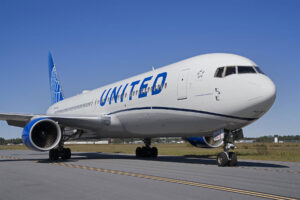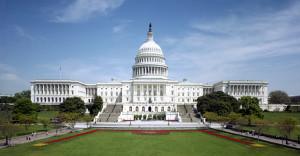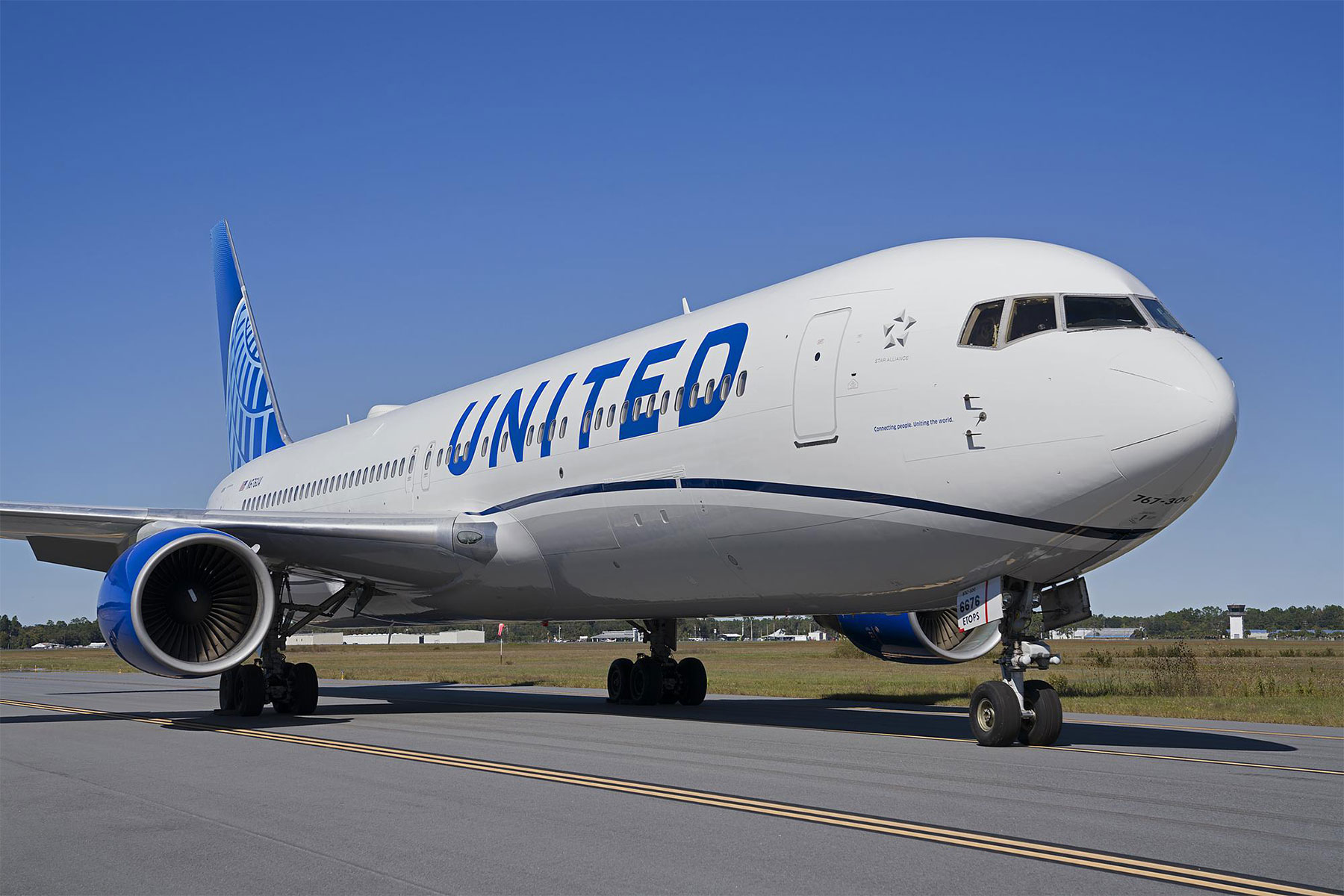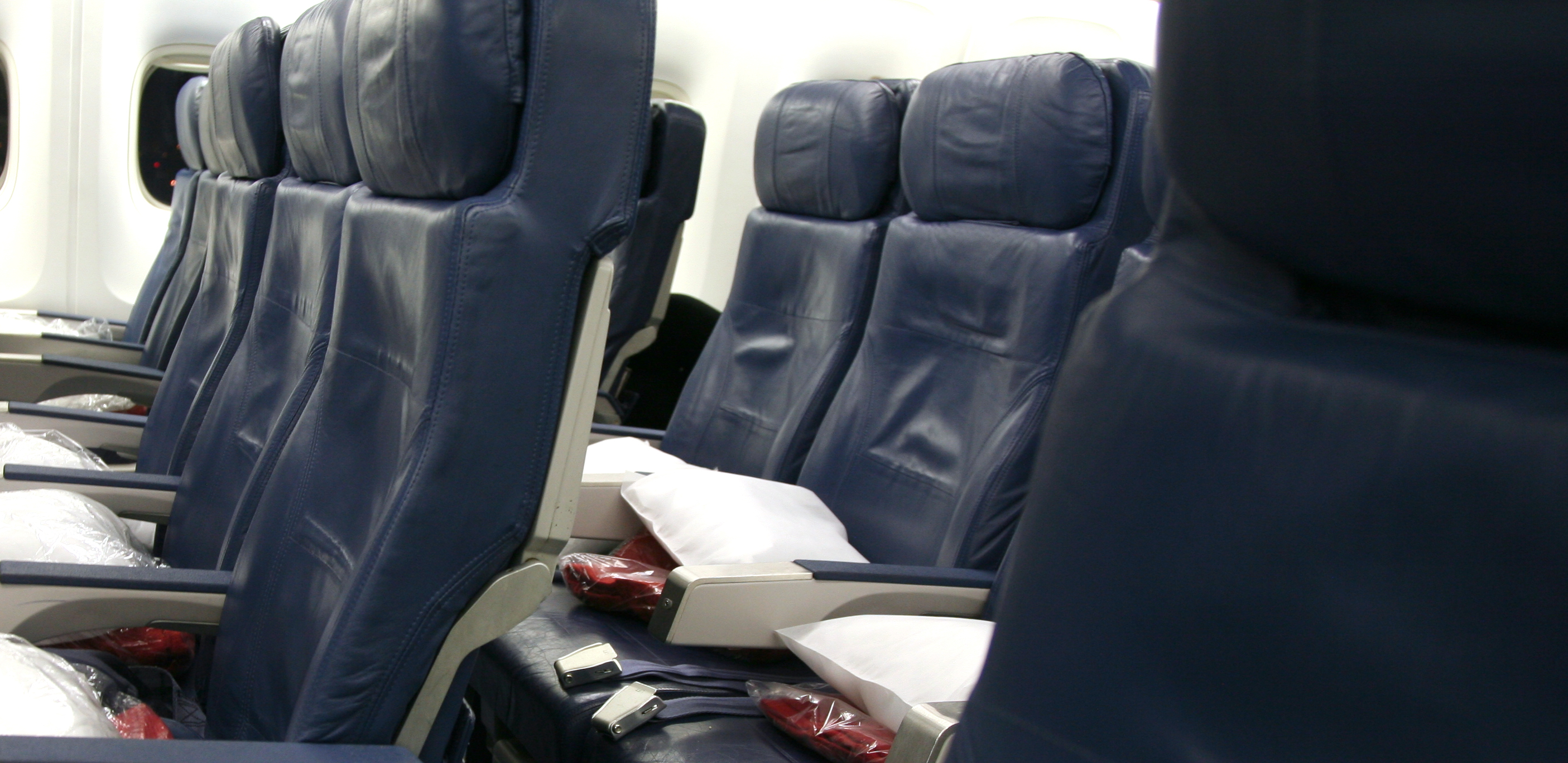Sick of Frequent Flyer Programs Failing to Meet Your Expectations? Get Ready to Sue!

A university warns that the fine print attached to frequent flyer programs could set their members up for successful legal action against them.
Do frequent flyer programs operate contracts of “adhesion”? According to a recent study by the University of Miami School of Business Administration, frequent flyer programs’ respective fine prints could lead to future legal action against them.
Researchers investigated frequent flyer programs and compared their promises against what consumers expect when they enroll. The findings, which were published in the peer-reviewed American Business Law Journal, revealed is a wide gap between expectation and reality. While the average consumer expects to use miles for a free flight between 50 and 75 percent of the time, in 2012, two of the U.S. legacy carriers delivered on a free ticket at the lowest award level less than 50 percent of the time — American Airlines, 45.7 percent; Delta Air Lines, 27.1 percent; United Airlines, 80 percent.
“The programs’ terms and conditions, the small print, set up ‘take it or leave it’ contract language that allows airlines to dictate the limits on redemption of hard-earned miles, but that doesn’t give an airline leave to make redemption nearly impossible,” said Ann Morales Olazábal, dean of the University of Miami School of Business. “A court can and should use the reasonable expectations of the consumer to decide how to interpret contract obligations in such a case.”
As a result, the university suggests that legal action against frequent flyer programs may be within the realm of possibility. Should the court decide that “reasonable consumer expectations” is the standard measurement of frequent flyer programs, then legal action could tilt in the favor of frequent flyers.
“Consumer suits — perhaps class actions — may indeed be successful,” said Olazábal. “The Department of Transportation might do well to consider our findings as it considers new regulations that are more protective of the flying public and, in particular, frequent flyers’ rights.”
[Photo: iStock]























USAirways has plugged their credit card for years with an annoying overhead interruption (announcement), which sometimes rambles on for several minutes. Sometimes the FAs will actually say you get two roundtrip award tickets when getting the card, which is not exactly true - you get 40 or 50K, depending on the promotion. Yes, in a perfect world that would be enough for 2 domestic tickets, but I have yet to find availability at the saver level roundtrip when I've tried to book an award on the days I need to go (probably doesn't help living in Orlando). Business class to Europe is all but impossible for two travelers at the saver rate months out when you need to put in for your vacation request at work. Gone are the good old days of reasonable award availability; now the award levels go up at will, yet the airlines make big $$$ selling miles, plugging the cards etc. I heard Delta took their award chart off the web so who knows what their awards 'cost', as I no longer fly them.
@PHL: +1 As a matter of fact, in many ways AA program is much better as the changes to reservation (dates, routing, carrier etc) are free. Upgrading the travel class is free too. You can even mix n match between OW, EY, 9W and other partners. One awards now permitted. I do have to agree that USDM had great value awards but the awards were like restricted economy where almost any change would cost you 200$ per person (150 for miles redeposit + 50 for ticketing). @BOGGIE DOG: I agree with you, 2 seats are not enough. I did not mean 2 literally, I only meant that as an example, I would say atleast 2 each in F/J and more in Y (x award seats / y seats)
@UNCLEDUDE -I'm not sure the word "Fiasco" is the best description here. And, do you have a source for determining 50 million members were calling for the agents to "cope" with? The merging of AAdvantage and Dividend Miles actually went pretty smoothly by most accounts. Especially compared to other big airline mergers (did you read the news in March 2012 when UA and CO merged programs??) If you were a previous DM member, you are still able to redeem award travel just as before. The process has changed where you need to redeem through the AA AAdvantage program, but they have visibility to both US and AA flights, as well as other OneWorld member airlines, and the capacity restrictions are the same. The airlines (any of them) will never reveal how many seats they grant for redemption. It likely varies by market and demand. And this changes often - daily in some cases. The old rule of booking 330 days in advance for the dream vacation doesn't necessarily apply. You can often find seats to pretty good places in the 10 days leading up to the trip if the airline hasn't sold as many seats that it predicted. But that doesn't help people who need to plan such vacations with more notice than 10 days.....
When these programs first began in the 1980's, all miles were earned by actually flying. Then the airlines came up with creative ways for consumers to earn miles without actually stepping on an airplane- from credit cards to investment tools and dozens more. With so many unredeemed miles out there, often earned by infrequent flyers, airlines believe they have to protect inventory by limiting award availability. Truly frequent flyers are highly attuned to their perks according to their elite level; perhaps making award seats easier for the highest level might be a way to limit the frustration of their best customers- provided that all consumers know that award availability, like upgrades, is subject to elite standing. The more you spend by occupying a revenue seat, the more likely you are to get that award.
I certainly don't think having just 2 seats in each class per flight is adequate. The implied promise by the airlines is for a consumer to build miles and then cash in those miles for free travel. That is exactly what the airlines should deliver. If the awards are not workable then eliminate the program. I think this should be litigated.